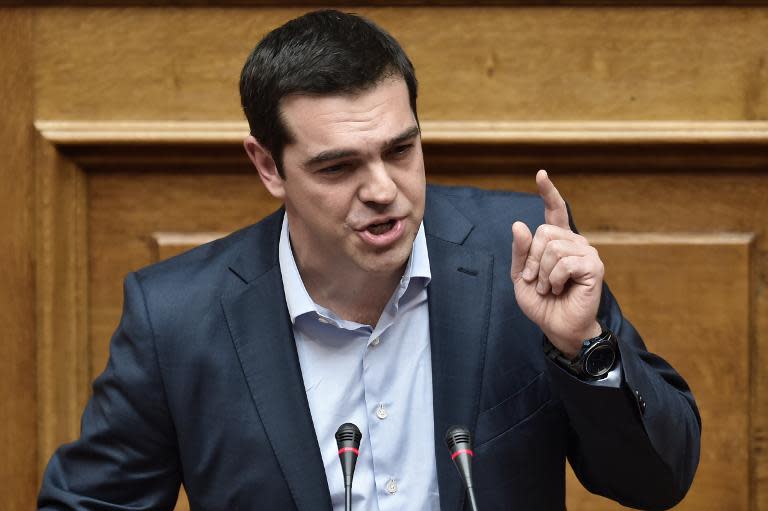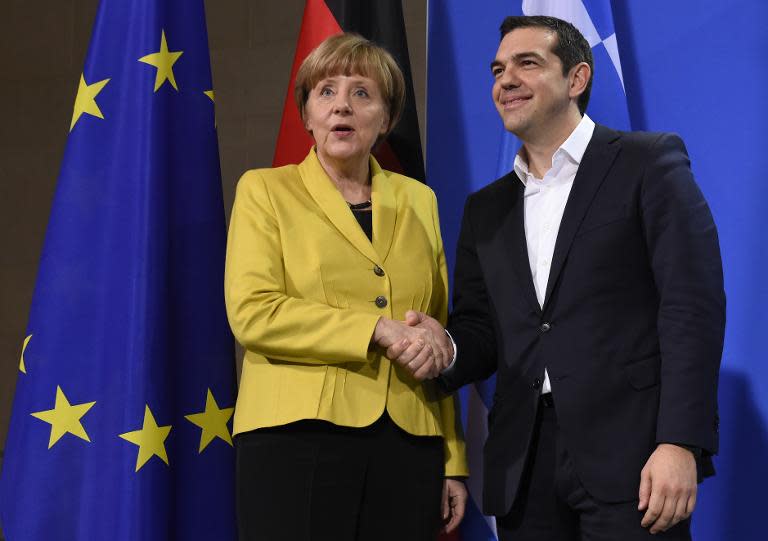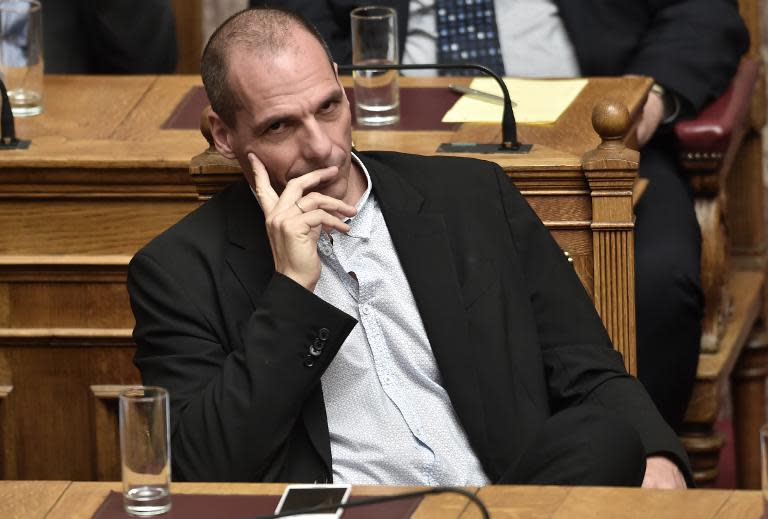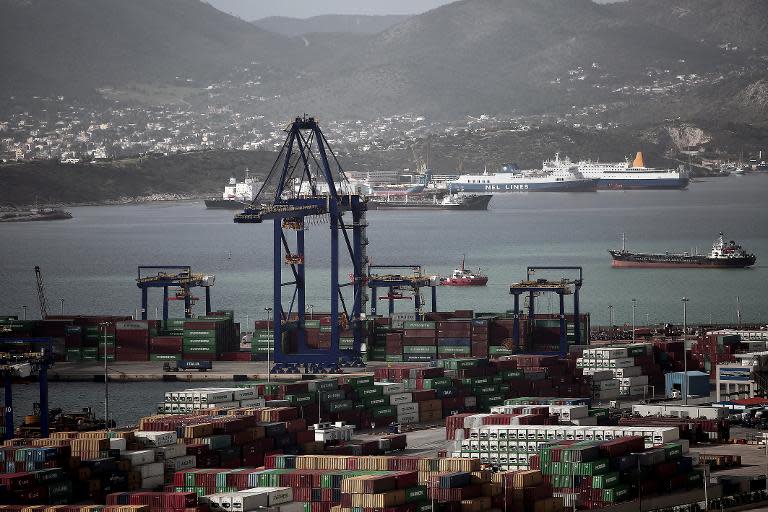Tsipras seeks 'honest compromise' as Greece wrangles with creditors
Greek Prime Minister Alexis Tsipras said he wanted an "honest compromise" as the cash-strapped country wrangled with eurozone creditors over a new package of reforms needed to unlock vital bailout funds. Experts from the IMF and the EU are scrutinising a list of reforms that Athens has proposed in its bid to get the creditors to release 7.2-billion euros ($7.8-billion) in loans. Greece's government says the reforms would help raise an extra three billion euros for its coffers without resorting to wage and pension cuts. But the European Union warned Monday that there was still no deal. "We're not there yet," European Commission spokesman Margaritis Schinas told reporters. "This is why the talks should benefit from further fact-finding in Athens that should continue." Eurozone officials would likely hold a conference call this week, and then decide whether to call a full meeting of finance ministers later in April. More privately, European sources have accused Athens of hindering progress in the talks. A defiant Tsipras told lawmakers late on Monday that he wanted a deal but would not submit to creditors unconditionally. "We seek an honest compromise with our partners, but do not expect us to sign an unconditional surrender," Tsipras said during a parliamentary grilling on the negotiations. "That's why we are under merciless attack but it's also the reason why (Greek) society supports us," he said. Tsipras reiterated the need for a renegotiation of Greece's large public debt, which stands at 177 percent of GDP, without which "repayment will be impossible". This discussion with the EU and the IMF "will begin in time to reach a new development agreement (for the country) in June", he said. It would not include a "discussion of a new memorandum" -- meaning the loans programme -- with the eurozone when the current programme expires in June, but an "economic development plan" for the country, he said. Rival Greek parties have accused the prime minister of reneging on his election promises, claiming that he has secretly conceded austerity reforms in order to unlock the last tranche of aid funds by the end-April deadline. In April, Athens needs to roll over 2.4 billion euros in short-term debt and repay another 820 million euros, including 460 million euros to the International Monetary Fund. Among reforms proposed by Tsipras's government are proposals to levy higher taxes on the rich, as well as measures to tackle tax evasion and illegal fuel and cigarette smuggling. But a European source told news portal in.gr that Greece's proposals still had to be fleshed out, and that "amateurism" by Greek officials was hindering progress. Junior finance minister Dimitris Mardas on Monday said the creditors were pushing for lower pensions and more mass layoffs -- measures that the radical government has pledged to resist. However, Mardas said an agreement could still be reached. "The (creditors) have backed down on a number of issues, so I don't see something insurmountable," Mardas told To Vima radio. The creditors are also pushing the radical government elected in January to abandon its plans to block a number of key privatisations. But Mardas insisted that Athens would now no longer "sell its assets at humiliating prices". - Privatisation U-turn? - The government's stance on privatisations has caused confusion, with some ministers favouring asset sales and others set against it. Over the weekend, there was an apparent split in the cabinet after the deputy prime minister suggested that Greece would go ahead with plans to privatise a major port despite earlier pledges by the new government to scrap the sale. During a visit to China last week, deputy prime minister Ioannis Dragasakis said a controversial privatisation of the Piraeus port authority would be completed "within weeks," state agency Xinhua reported. This would mark a change in policy, as the government in January had clearly pledged to halt the privatisation of Piraeus, one of the largest ports of the Mediterranean. Chinese shipping giant COSCO already has a 35-year concession managing the two main container terminals at Piraeus, and is interested in obtaining a management role at the harbour too. Dragasakis told Xinhua: "COSCO is an active participant (in the bid) and it can make a very competitive offer." But the shipping minister Theodoros Dritsas quickly insisted that "these reports do not confirm a change in policy". For the conservative New Democracy party that was previously in power, the episode is yet another example of how the hard-left Syriza government is wasting time. "All this shows investors that they are not dealing with a serious country," former administrative reform minister Kyriakos Mitsotakis told Vima FM.

 Yahoo Finance
Yahoo Finance 









